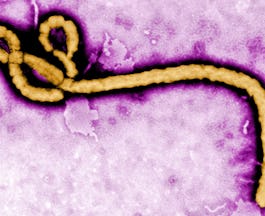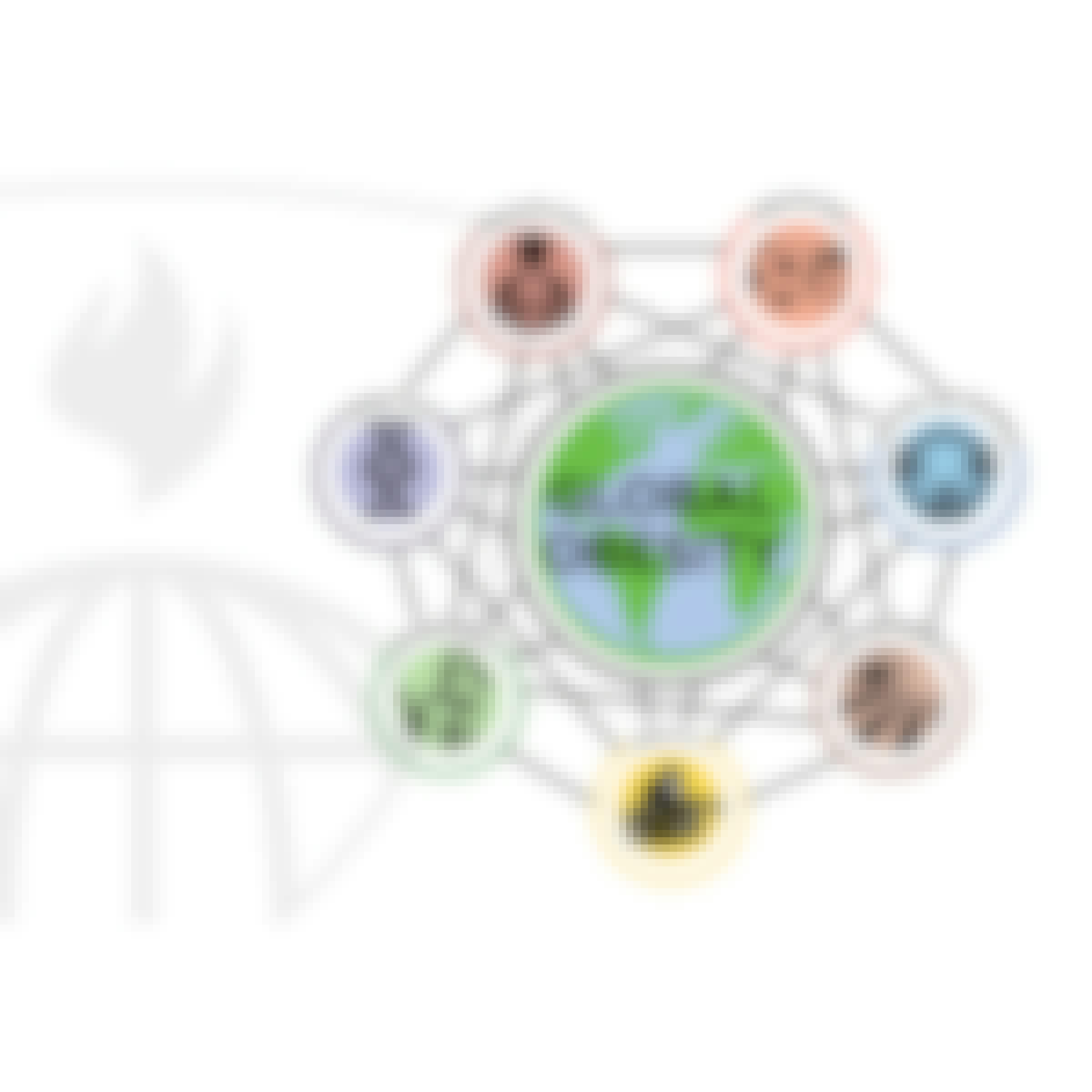104 results for "epidemiology"
 Status: Free
Status: FreeEmory University

Pontificia Universidad Católica de Chile
 Status: Free
Status: FreeUniversity of Amsterdam

Johns Hopkins University
Skills you'll gain: Biostatistics, Data Visualization

Imperial College London
Skills you'll gain: Critical Thinking
 Status: Free
Status: FreeImperial College London
 Status: Free
Status: FreeUniversity of Copenhagen
Skills you'll gain: Epidemiology

Johns Hopkins University
 Status: Free
Status: FreePrinceton University
Skills you'll gain: Leadership and Management, Risk Management, Critical Thinking, Decision Making, Supply Chain Systems

Pontificia Universidad Católica de Chile
Skills you'll gain: Business Analysis, Decision Making, Exploratory Data Analysis, Data Analysis, General Statistics, Interactive Data Visualization, Probability & Statistics, Probability Distribution, Statistical Machine Learning

Emory University
Skills you'll gain: Leadership and Management

Johns Hopkins University
Skills you'll gain: Epidemiology
Searches related to epidemiology
In summary, here are 10 of our most popular epidemiology courses
- Ebola Virus Disease: An Evolving Epidemic: Emory University
- Certificado en Bases de la Salud Pública: Pontificia Universidad Católica de Chile
- Ebola: Essential Knowledge for Health Professionals: University of Amsterdam
- Hypothesis Testing in Public Health: Johns Hopkins University
- Foundations of Public Health Practice: Imperial College London
- Science Matters: Let's Talk About COVID-19: Imperial College London
- Diabetes - a Global Challenge: University of Copenhagen
- Systems Science and Obesity: Johns Hopkins University
- Global Systemic Risk: Princeton University
- Certificado en Gestión y Políticas en Salud Pública: Pontificia Universidad Católica de Chile










